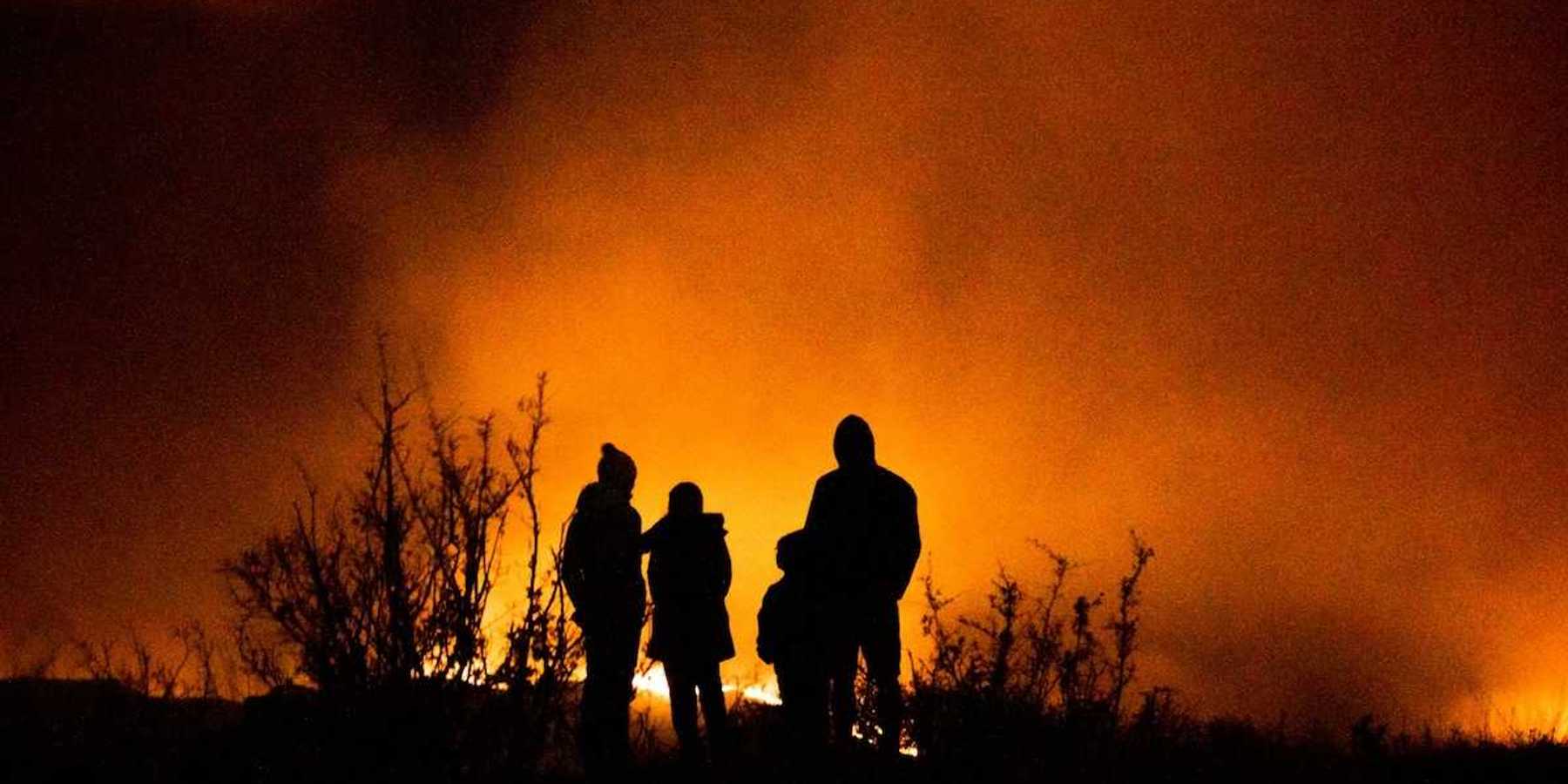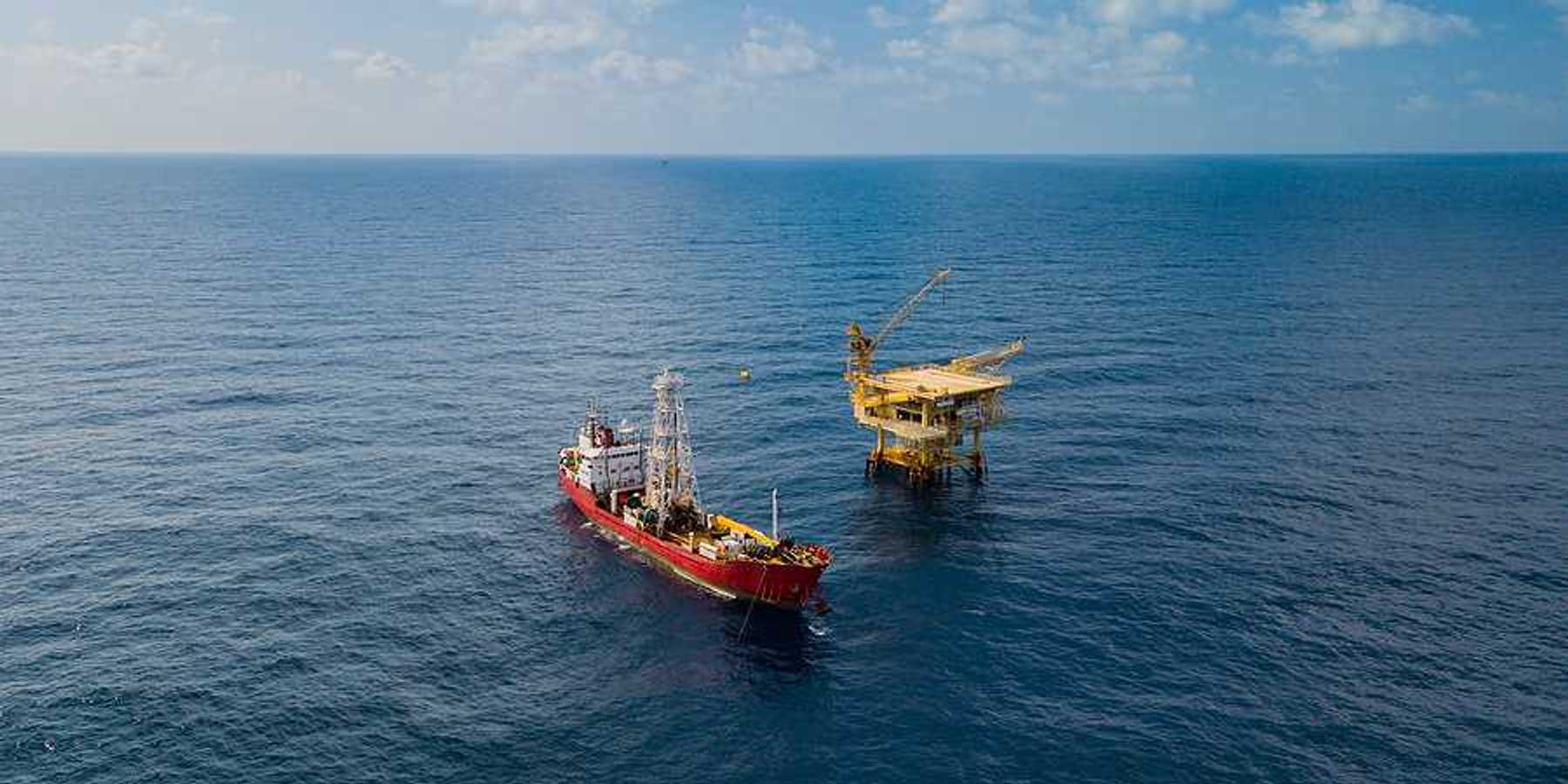Major oil hubs could face devastation from rising seas
A new analysis finds that key oil export ports in Saudi Arabia, the U.S. and other nations could be severely damaged by rising sea levels, which experts warn is a consequence of the continued burning of fossil fuels.
Damian Carrington reports for The Guardian.
In short:
- Thirteen major oil ports, including Ras Tanura and Yanbu in Saudi Arabia and Houston in the U.S., face critical risks from a 1-meter sea level rise.
- Researchers warn that accelerated ice melt could trigger this rise as early as 2070, threatening global energy infrastructure.
- Critics argue that continued reliance on fossil fuels increases the risk of supply disruptions due to damaged port infrastructure.
Key quote:
“It’s ironic these oil tanker ports are below 1 metre of sea level rise and need to have their eyes on these potentially higher rates of sea level rise, which themselves come from continued fossil fuel use.”
— Pam Pearson, International Cryosphere Climate Initiative director
Why this matters:
Global energy hubs are highly vulnerable to rising seas, putting a fifth of the world’s oil exports at risk. Transitioning to renewable energy could mitigate damage and ensure long-term energy stability amid a changing climate.
Related:













